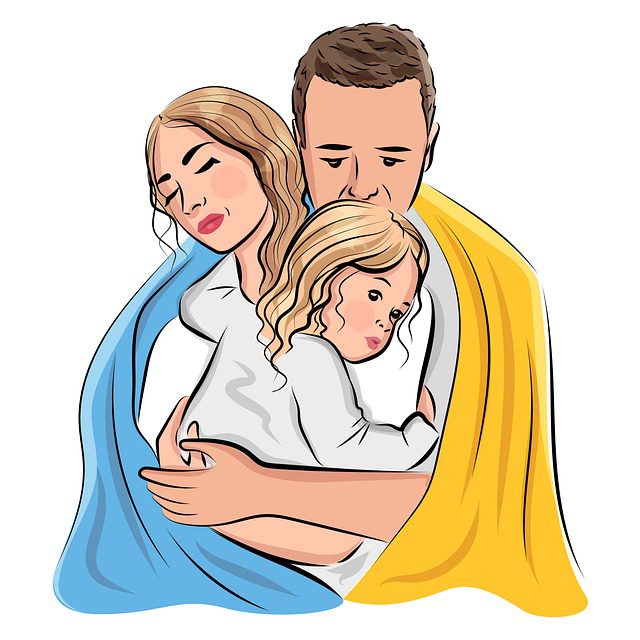As the church struggles over society’s redefinitions of marriage, I stumbled across some language that can help us make distinctions and think more deeply about the issues involved.
Law and Liberty has published a book review by David Upham, a professor at the conservative Catholic school the University of Dallas, entitled Why Not Chastity? He is reviewing a book by Katy Faust entitled Them Before Us: Why We Need a Global Children’s Rights Movement. Here is his summary of her argument:
Children, she contends, have an affirmative right not only to life in the womb, but also to the joint care of mother and father in one common home. That is to say, the young have a right to be conceived, received, and raised by married parents. If a male and female choose to reproduce a child, the two parents should get hitched—and stay hitched.
As such, Faust takes aim at a broad array of now-accepted practices that deprive children of this right, including elective divorce (whether no-fault, low-fault, or otherwise), elective adoption (where one or both natural parents are still able to care for the child), and what some decry as “planned orphanhood” (in which children are produced through sperm donation, egg donation, or surrogacy).
Upham mostly agrees with that, but wishes that she had gone further. Faust is fine with birth control, sex outside of marriage, and same-sex marriage. If there are children, though, she insists that they need to be raised in a permanent marriage by their biological parents. Upham is holding out for a Christian view of sex and marriage, including opposition to artificial contraception.
Anyway, in the course of this discussion, he says this:
Most Americans now accept sterile companionate “marriage” (including same-sex forms thereof) and are coming to accept multiparty forms thereof. But many Americans might still be able to see and acknowledge that a matrimonial marriage (formerly known as “marriage”) is the best place to conceive and receive a child.
This gives us an interesting distinction. “Companionate marriage” is a marriage for companionship. What is “matrimonial marriage”? Presumably, this would be traditional Christian marriage, but Upham doesn’t go into detail about what “matrimony” means.
I realized that “matri-” is Latin for “mother.” According to Etymology Online, “matrimony” derives from mātrem, “mother” + –mōnium, a suffix meaning “action, state, condition.” So “matrimony,” from the Latin word for marriage mātrimōnium, refers to the action, state, and condition fitting for motherhood.
The parallel word “patrimony,” derives from the Latin word pater, “father” + -monium, meaning action, state, condition. But this word refers not to marriage, as such, but to property and inheritance, signifying the father’s role in providing for the family and passing down an inheritance to the children.
So a “a matrimonial marriage (formerly known as ‘marriage’)” would be a marriage oriented to the bride taking on the vocation of mother. That is, a marriage whose purpose would involve having and caring for children, which also requires the groom taking on the vocation of father, with all of the responsibility that entails.
Interestingly, in Roman Catholicism, what creates marriage is the sacrament of matrimony. So even though we Lutherans consider marriage a vocation rather than a sacrament, since non-Christians too can get married, that Latin mother-centered mindset has been part of the Christian tradition.
Having said all of this, it is no solution to say the state can create “companionate marriages,” while the church creates “matrimonial marriages.” From a Christian perspective, there is only one estate of marriage, which is a temporal estate open to Christians and non-Christians alike. And Christian marriage must include “companionate marriages” of men and women that do not produce children, since many married couples want to have children but are not able to, and since the Bible honors the “barren.” And there are older couples who get married but, like Abram and Sarah, are “past the age of childbearing.” Also, all marriages must be “companionate marriages” in line with God’s purpose for marriage, that it is not good for man to be alone and that he needs a “helper” (Genesis 2:18).
Still, though not all “matrimonial marriages” are blessed with children, the state of “holy matrimony” is a concept of marriage that is increasingly alien to our contemporary culture, which tends towards “companionate marriages,” in which–if the companions no longer get along–it is legitimate to walk away, even if they do have children.
Image by Natalia Lavrinenko from Pixabay











